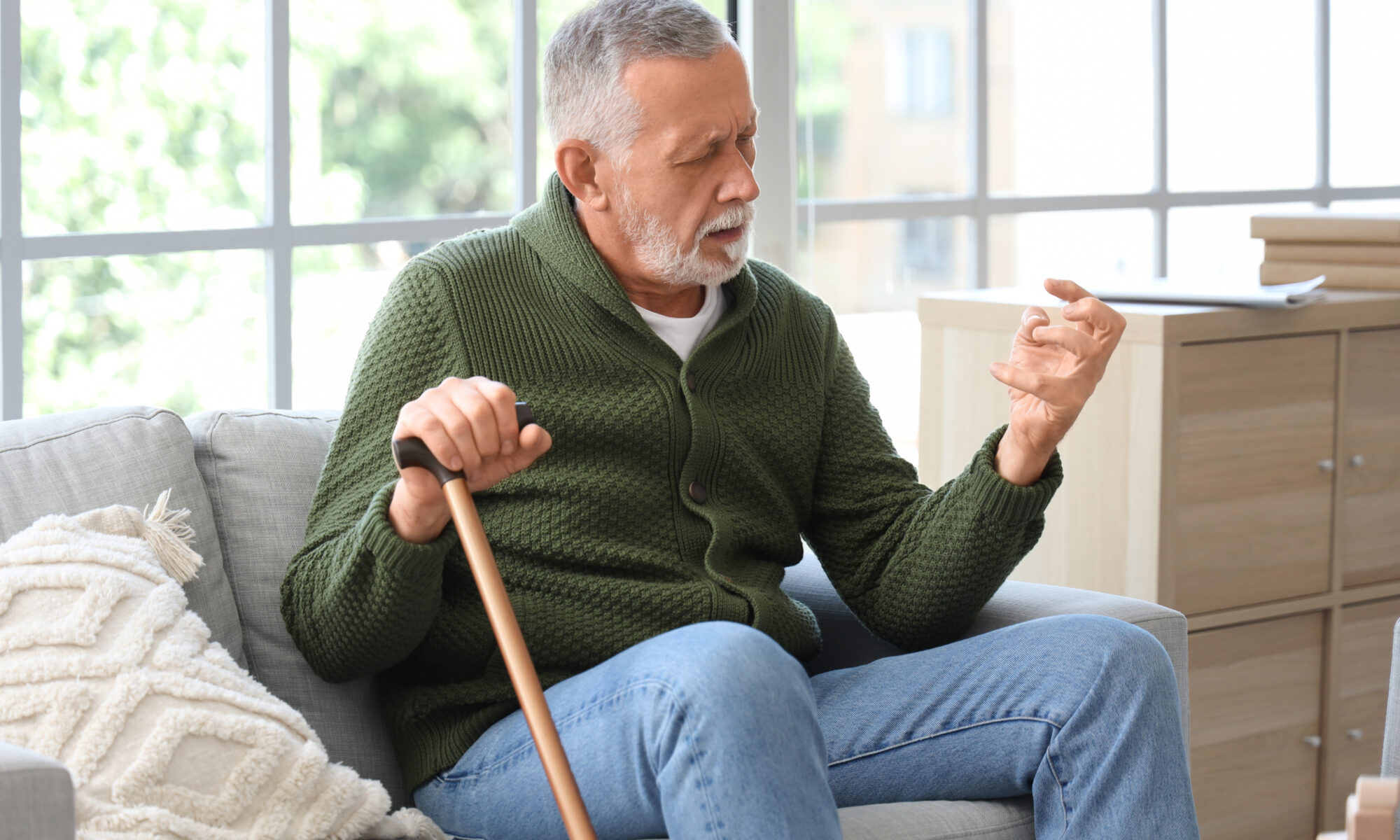
Table of Content
Caring for seniors with Parkinson’s disease requires thoughtful adjustments to ensure their safety, comfort, and quality of life. Parkinson’s is a progressive neurological condition that affects movement, coordination, and, in its later stages, cognitive abilities. Here, we’ll explore strategies to help you adapt home care for a senior loved one living with Parkinson’s.
Create a Safe Living Space
Safe and accessible home environments are paramount for seniors with Parkinson’s disease. Mobility challenges can increase the risk of falls and injuries, so it’s essential to minimize hazards. Consider these safety measures:
- Remove trip hazards such as loose rugs, cords, or clutter from hallways and common spaces.
- Install grab bars in bathrooms near the toilet and shower to provide extra support.
- Use nonslip mats in wet areas like the bathroom and kitchen.
- Ensure proper lighting, particularly in areas like stairways and entryways, to reduce risks during nighttime.
- Rearrange furniture to create clear walking paths for better maneuverability.
By making these adjustments, you can create an environment that encourages independence while reducing the risk of accidents.
Many seniors prefer aging in place over moving to assisted living facilities. If your senior loved one needs assistance to remain safe and comfortable while living at home, reach out to Assisting Hands Home Care, a leading elder care agency. Our dedicated in-home caregivers can assist with meal prep, bathing and grooming, exercise, medication reminders, and many other important tasks.
Support Mobility and Physical Needs
Parkinson’s disease often brings physical challenges such as tremors, stiffness, and a slower walking pace. To help with these mobility issues, consider these tips:
- Use mobility aids like canes, walkers, or wheelchairs, based on your loved one’s needs. Consult a physical therapist for professional recommendations.
- Incorporate strength and flexibility exercises to maintain physical health. Simple routines tailored by a therapist can increase muscle strength and balance.
- Make daily tasks easier with adaptive tools, such as weighted utensils for eating, easy-grip pens, and button hooks for dressing.
- Ensure your loved one takes prescribed medications on time to manage symptoms effectively.
Focusing on physical needs can enhance comfort while enabling a higher level of independence.
Encourage a Nutritious Diet
Nutrition plays a vital role in managing Parkinson’s symptoms and overall health. A balanced diet supports energy and may reduce complications like constipation, which can be common in individuals with Parkinson’s. Keep these tips in mind:
- Emphasize fiber-rich foods like fruits, vegetables, and whole grains to promote digestion.
- Ensure adequate hydration to prevent dehydration and alleviate symptoms of low blood pressure.
- Encourage small, frequent meals, especially if your loved one has difficulties with appetite or swallowing.
- Avoid foods high in saturated fats and sodium, focusing instead on heart-healthy options like lean proteins and healthy fats.
- Monitor meal timing if your loved one is taking Parkinson’s medication, as protein intake can sometimes affect absorption.
Proper nutrition can help your loved one feel his or her best and manage some of the disease’s physical challenges.
If your senior loved one has been diagnosed with a serious condition and needs help with tasks like meal prep, transportation, bathing, and grooming, reach out to Assisting Hands Home Care, a leading provider of homecare Jasper, TN, families can trust. We also offer comprehensive care for seniors with dementia, Alzheimer’s, and Parkinson’s.
Prioritizing Emotional and Mental Wellbeing
Parkinson’s doesn’t just affect physical health. It can also take an emotional toll. Depression, anxiety, and feelings of isolation are common, so providing emotional support is crucial. Try the following strategies:
- Promote social interaction with family and friends or through participation in support groups dedicated to Parkinson’s patients.
- Encourage activities your loved one enjoys, such as reading, music, or hobbies tailored to his or her physical abilities.
- Help your loved one practice mindfulness techniques or relaxation exercises to manage stress and anxiety.
- Seek professional counseling or mental health support if your loved one is experiencing symptoms of depression.
- Be patient and compassionate, creating an environment where your loved one feels supported and understood.
Caring for emotional wellbeing is just as important as addressing physical health for seniors with Parkinson’s.
Leverage Professional Resources
While providing care at home can be rewarding, it’s also essential to know when to seek professional help. Leveraging available resources can make a significant difference in managing Parkinson’s at home. Consider these options:
- Consult with occupational therapists to identify adaptive techniques or tools to assist with daily tasks.
- Work with home care providers trained in Parkinson’s care to offer regular support and respite for family caregivers.
- Utilize telemedicine services for easy access to medical consultations without the need for travel.
- Engage community resources like support groups, day programs, or nonprofit organizations that specialize in Parkinson’s services.
Bringing in professionals ensures you’re providing well-rounded care while receiving the support you need as a caregiver.
Families who find it difficult to care for their aging loved ones without assistance can benefit greatly from professional respite care. Jasper, TN, family caregivers who need a break from their caregiving duties can turn to Assisting Hands Home Care. Our caregivers can encourage your loved one to eat well, exercise regularly, get plenty of mental and social stimulation, and focus on other lifestyle factors that promote longevity. Reach out to us at Assisting Hands Home Care if you need compassionate professional care for your loved one. Call one of our dedicated Care Specialists today to learn about the high quality of our in-home care services.
